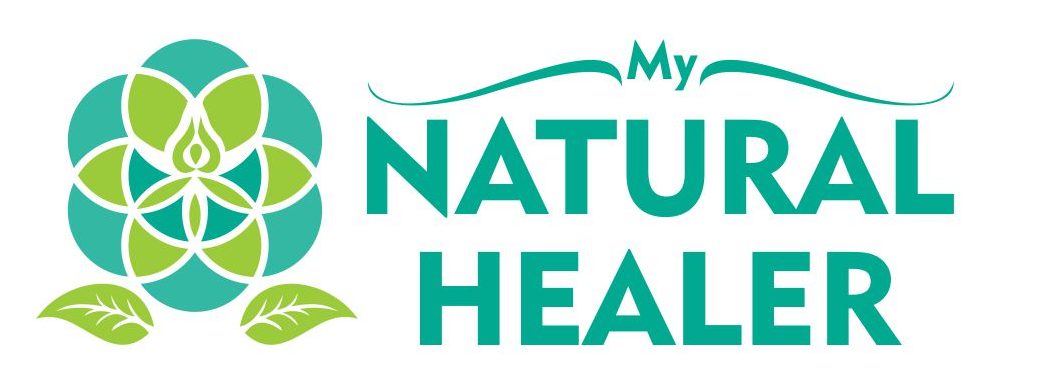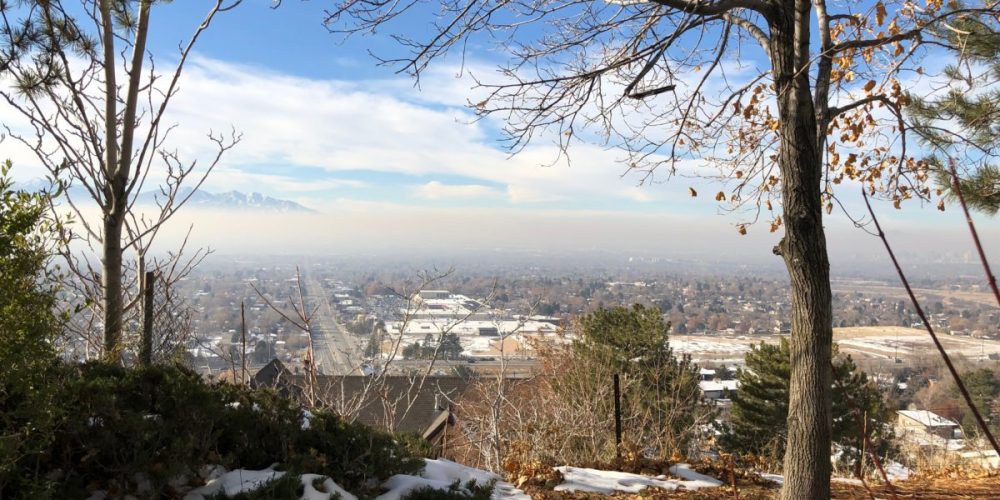 FIND A HEALER NEAR YOU
FIND A HEALER NEAR YOU
When I was diagnosed with thyroid cancer, my healthcare providers actually discovered my cancer on accident. I had been really sick for several years prior, and it took awhile to figure out what was causing me to be so ill. As it turned out, my chronic illness had nothing to do with cancer, but was a result of a severe reaction I had to the air quality in Salt Lake City.
My Experience
To make a long story shorter of what I personally went through in the discovery of how air quality affects my own health, here’s a summary of events:
- I moved to a city well-known for poor air quality – Salt Lake City, UT. I knew nothing about air quality and paid no attention to the news, studies and reports on air quality issues.
- I had progressively gotten sick over time to the point where I was sick more often than I was well. I seemed to catch every cold and flu virus that went around, and had chronic sinus and ear infections.
- I started to randomly break out in itchy rashes – starting on the back of my hands and neck. Sometimes the rashes would spread and get worse, sometimes they would randomly go away. I saw a nurse practitioner who specialized in dermatology that was perplexed. I was prescribed a steroid cream for the rash, which I tried to use sparingly while paying attention to my environment and habits to figure out what was causing the rashes.
- Over the next two years, I tracked the patterns of my rashes and noticed that they would only appear during winter months, and would go away almost overnight when I would leave town. Ultimately, I ended up discovering that my rashes would start to appear on days with yellow air quality index days and would get worse if the air quality reached orange or red levels.
- Unlike my rashes, which seemed to be isolated to wintertime, my health continued to get worse year-round. I was sick more than I was well. I was forced to go on antibiotics almost every other month. I was burning through all of my sick time at work and spent a lot of my evenings and weekends home, sick in bed.
- After recovering from a case of walking pneumonia, my healthcare provider did an extensive round of blood work to see if he could gain more insight into why I was so frequently ill. One thing led to another, and I was diagnosed with thyroid cancer.
- After meeting with numerous physicians (three surgeons, an endocrinologist and a couple family practitioners), they all shared the same information – my thyroid cancer had nothing to do with my immune system (or lack thereof), and wasn’t a contributing factor to my chronic illness.
- After I recovered from my thyroidectomy and was considered cancer-free, I continued on my journey to figure out what was making me so sick, and my health issues did continue after I no longer had cancer. I met with an allergy and immunology physician and was tested for every air-borne allergen known within the Salt Lake Valley, including common indoor allergens. The results: I was allergic to cats and also had a mild allergy to dogs. Nothing else. I explained my history and discoveries to the physician, and asked if it was possible that I was allergic to something in the Salt Lake air that might not be in her test kit – perhaps even some sort of pollutant. She told me it was possible, but no way to tell as she could not inject me with poison (her words). She sees patients frequently that have issues with the air quality in Salt Lake, but it usually manifests itself as respiratory issues or asthma. The physician recommended I try taking an antihistamine everyday and see what would happen.
- Once I started taking a daily antihistamine, I went an entire year without catching a single cold. My husband and I then moved to the mountains with plenty of fresh air, I stopped taking antihistamine, and I’ve been very healthy ever since. I rarely get sick, and if I do, it’s usually a cold which I’m able to kick within a day or two.
- At this point, I’m concluding that I am allergic to something in the Salt Lake air, tied to air quality, that weakens my immune system so badly it compromises my overall health.
Obviously, my reaction to the air quality in Salt Lake is not typical. However, it is a real problem and does affect the health of a lot of people that live there. There are numerous organizations in Utah that are trying to create change, but it’s sad to see that it’s an uphill battle. Here’s a few to check out, that also offer additional information on how air quality impacts health:
While the air quality in Salt Lake is at its worst in the winter (due to inversion, causing cold air and pollution to be trapped in the valley), it can also be bad in the summer months. Wildfires can also contribute to poor air quality as well.
My intention is not to pick on Salt Lake City, as there are many places around the world that also suffer from poor air quality as well. I simply want to share my personal experience, what I’ve learned about air quality as it relates to our health and provide resources and tools for you to do your own homework.
Check Air Quality Where You Live
First, it’s good to keep an eye on the air quality where you live so you can avoid going outside when the air quality is poor. There are a couple tools for this – PurpleAir and AirNow. I personally prefer PurpleAir, as there are more air quality monitors where I live, so it gives a bigger picture and the sensors seem to be more accurate. When comparing the AirNow.gov site (run by the Environmental Protection Agency) with PurpleAir (privately-run company, which gathers data from individually-owned monitors), it seems that the government website under reports the air quality levels, which is scary in itself.
What To Do
We can’t all avoid bad air quality, so here’s a list of things you can do to minimize the impact this environmental factor has on your health:
- Stay indoors during days with bad air quality
- Consider wearing N-95 or P-100 masks outdoors
- Invest in quality air filters and air purifiers for your home and office space
- Try halotherapy
- Get a lymphatic drainage massage
- Minimize your personal impact on the environment: drive less, carpool when possible, ride a bike or walk, combine trips, use public transportation, and invest in electric vehicles and clean energy
I would love to hear your feedback, especially if you or someone you know has been impacted by air quality. Please share and/or leave a comment below.
As an Amazon Associate, My Natural Healer earns from qualifying purchases.



